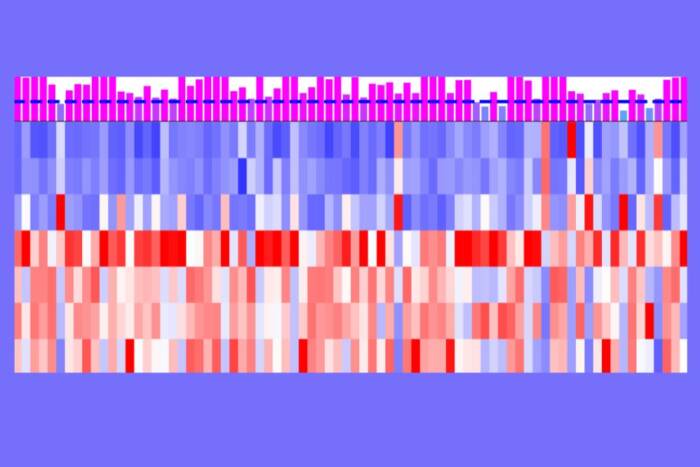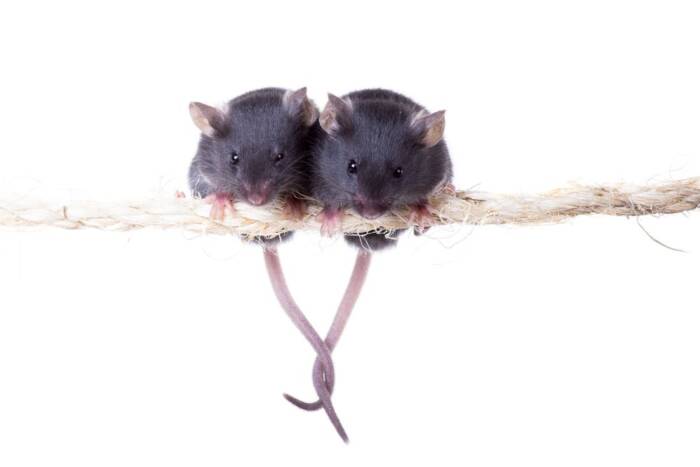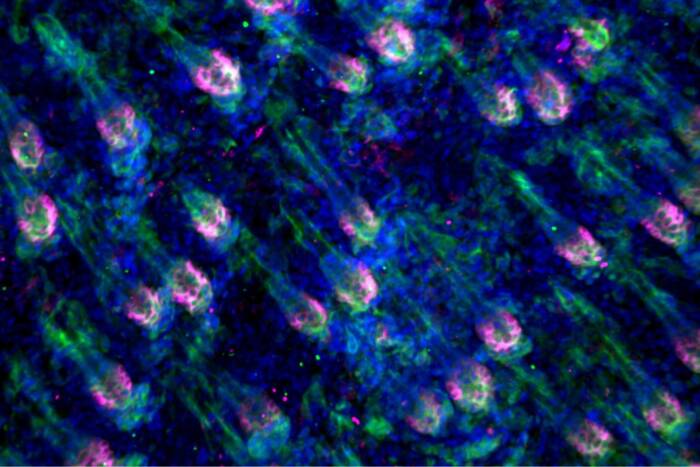Ann H. Tang
B.A., University of California, Berkeley
Death by Frustration: How Defects in Cell Differentiation Trigger Apoptosis
presented by Hermann Steller
It is my honor and great pleasure to introduce Ann Tang today, who is my first graduate student to make it here at Rockefeller University. Ann was born in Vietnam to Chinese parents and was raised in San Francisco after her family emigrated to the United States. Ann became interested in biology in high school, where she also developed her two other big passions in life, which are classical music and, strangely enough, the German language — I guess that worked in my favor at some point. After receiving a B.A. in molecular and cell biology from the University of California, Berkeley in 1996, she spent a few years as a research associate at UC San Francisco and then came to Rockefeller where she joined my lab in 2001. For a thesis project Ann decided to tackle one of the really big mysteries that remain in cellular research, which is why cells that do not properly differentiate undergo programmed cell death, or cell suicide. All of our cells have this ability to self-destruct when they are no longer needed or not useful to the organism and they do so by activating an intrinsic cell suicide program, and although we’ve learned over the last few years quite a bit about how this program is executed, we still know virtually nothing about how cells detect that they are not properly differentiating — that they are not moving properly along their career track — and so we call this, for lack of a better understanding, death by frustration. Ann has addressed the mechanism of death by frustration and she studied the transcriptional regulation of the reaper gene, which encodes a key cell death regulator that’s turned on when cells decide that it’s time to die, and found that a transcription factor termed p8 helps the reaper in frustrated cells and sets into motion a cascade of events that culminates in cell suicide.
Ann’s work is really pioneering and she has shown a remarkable resistance to much frustration on a personal level in overcoming many hurdles during this ambitious and difficult project. She came as the lab was just starting out and worked on this with a great degree of independence. Ann is a really wonderful person, always willing to help others in the lab; she’s extremely hard working and completely honest and has been really a role model for the students to come after her. Now, after completing a few last experiments here, she will do a postdoc in the Bay Area, which will also bring her back again closer to her family.



